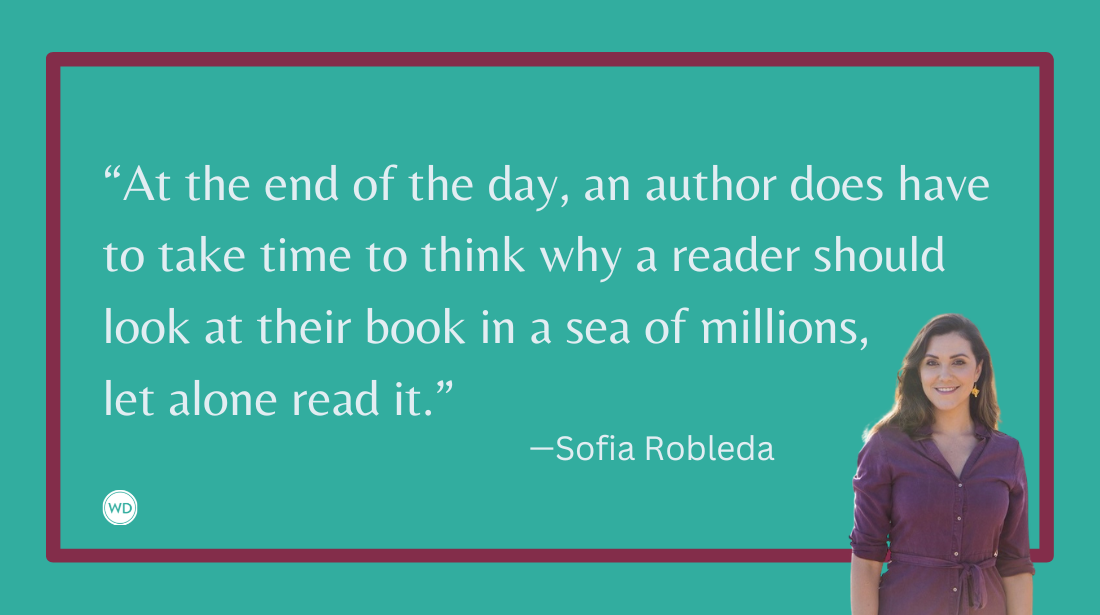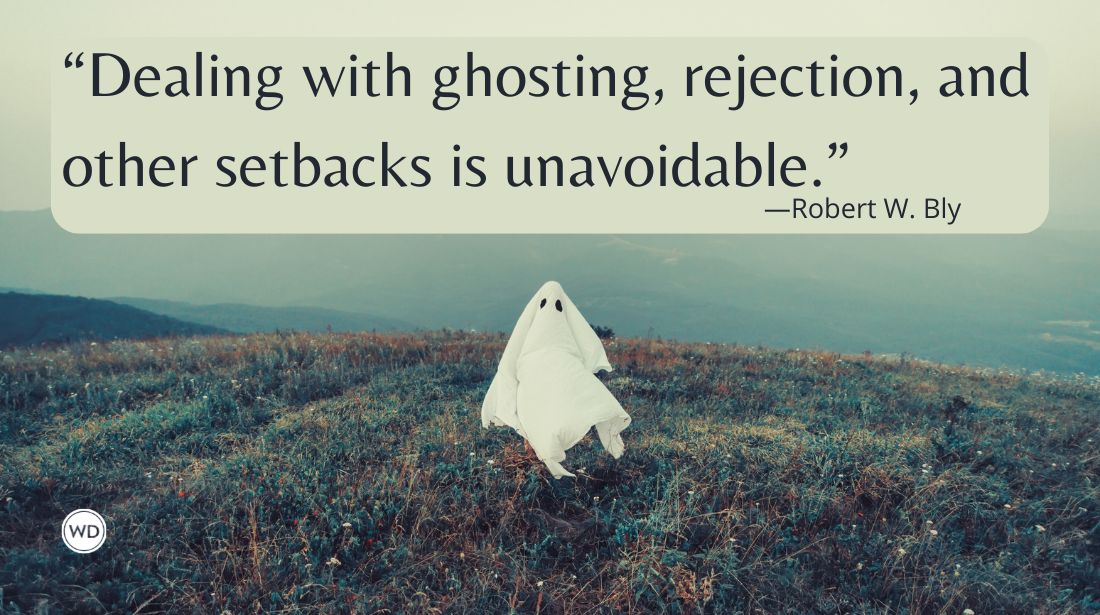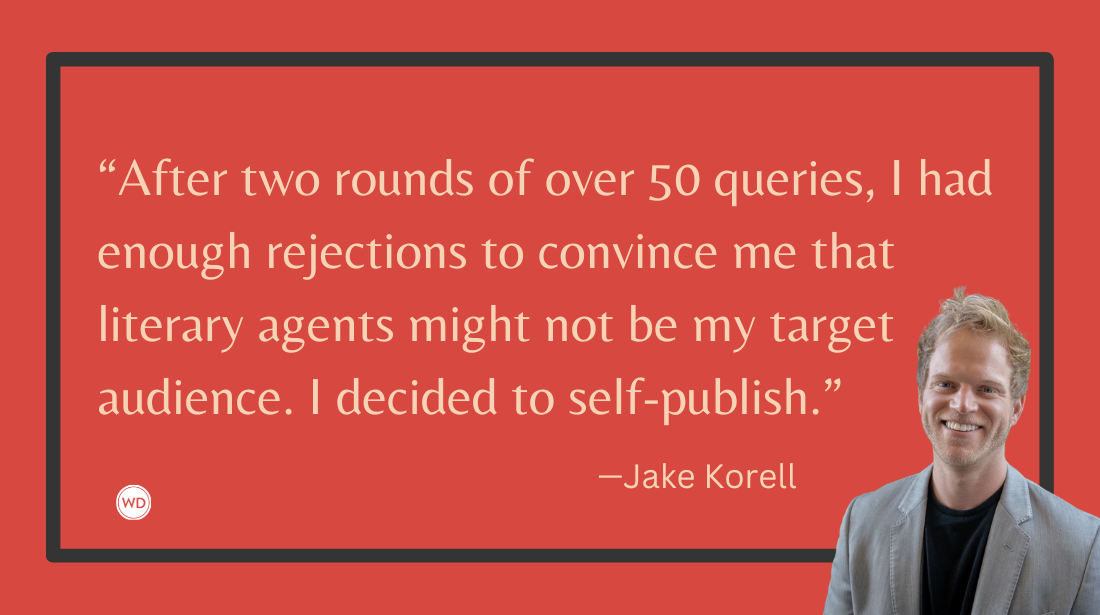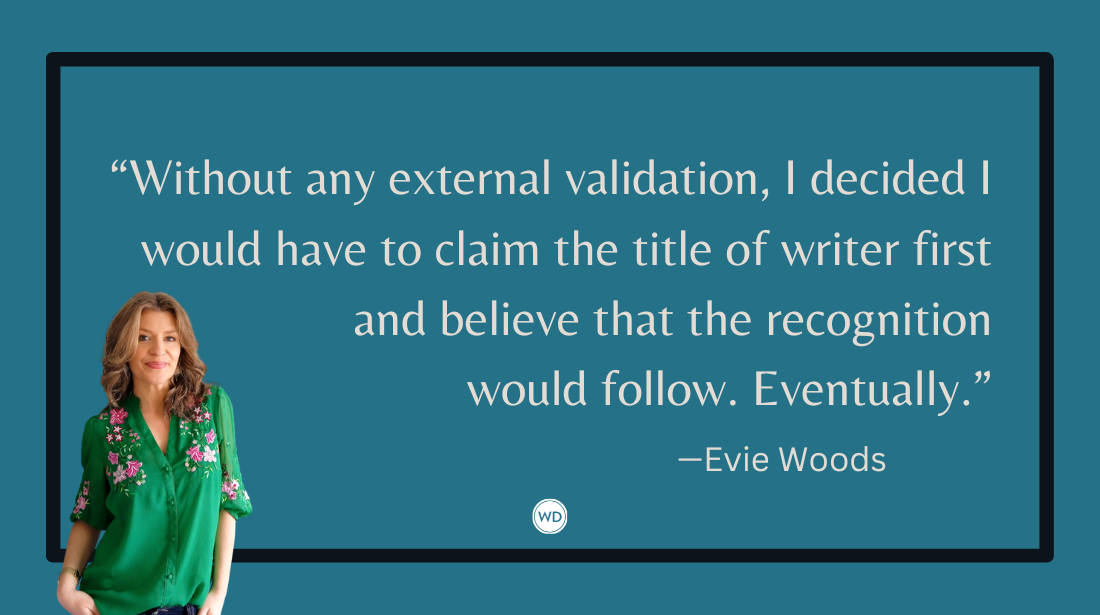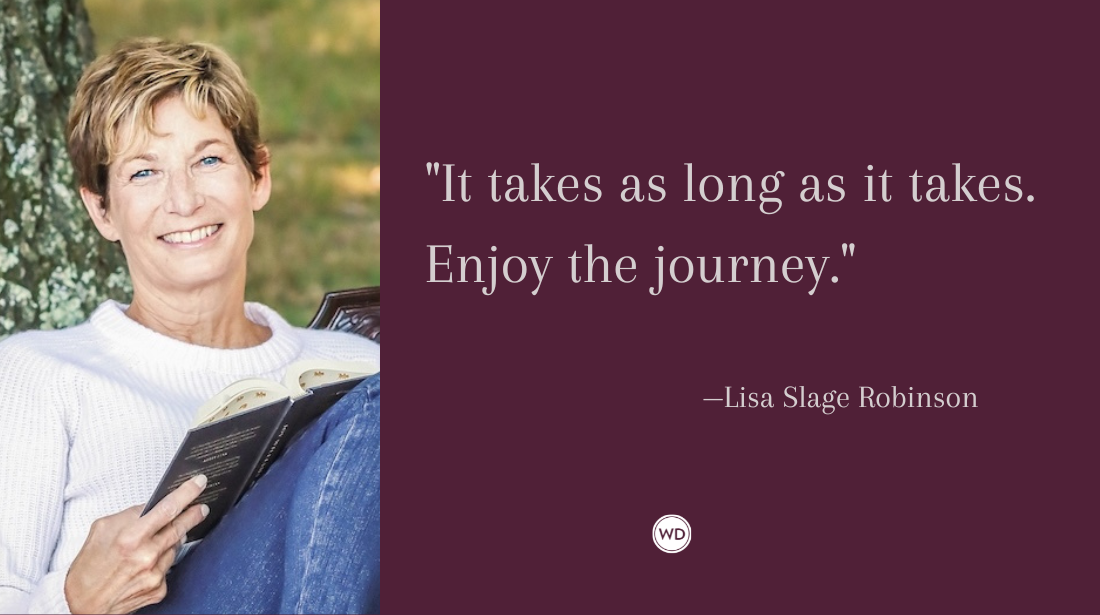Building Your Freelance Writing Career: Just Say Yes
In this WD article from Nov/Dec 2016, Jeff Somers shares the best way to advance your freelance writing career: Just Say Yes. His advice still stands.
In this article from our November/December 2016 issue, Jeff Somers shares the best way to advance your freelance writing career: Just Say Yes. His advice still stands.
A few years ago when I told my wife I wanted to leave my Day Job—and its steady if unglamorous paycheck—she gave me what spouses everywhere will recognize as The Look. The Look is dangerous, and it means, loosely translated: You’d better know what you’re doing.
Of course, like Jon Snow, I knew nothing—except that I wanted to make my living doing the one thing I love: writing. So, I did my research. There’s a lot of advice out there for aspiring freelance writers. From where to find assignments to how to write a pitch, you can learn a lot about this business without leaving your office chair. The advice boiled down to a couple of simple rules: Don’t work for peanuts, and don’t take low-quality assignments. Good, sound advice.
Which I ignored.
TIP: Know the difference. Conventional wisdom is that every writer should be compensated for his work, and that there can be various interpretations of what kind of “compensation” is fair. The rules bend here when the aim of your freelance writing is essentially to use your byline to promote books or other products you have for sale. Writing a freebie blog post because you hope it sells some books on the long tail isn’t freelance writing as a career—it’s a Loss Leader book promotion strategy. The whole point of launching a freelance writing career is to make a living writing. That’s what we’re discussing for the purposes of this article.
The Year of Yes
When I started thinking about freelance writing as a real-life way of earning money, I had The Look embedded in my head. I knew I couldn’t take a decade to slowly build something that resembled a full-time job. Filled with the terror that only a spouse can inspire, I made a fateful decision: For the first year I would literally never say no.
I would take every freelance writing assignment that would pay me. No job would be too small, no fee would be too small, and no subject matter or convoluted Search Engine Optimization (SEO) scheme would be too soul-draining.
And it was the best decision I could have made.
The Theory
I had no contacts in the freelance world and no resume of prior work. I needed to make those things happen—and fast. While many people build those connections before leaving a full-time position elsewhere (not a bad idea, I might add—it certainly removes the panic from this equation, among other benefits), that was not my situation. I had to earn a living right away.
I found that there is actually a lot of really awful writing work out there. The work might be awful for different reasons—low pay, boring subject matter, restrictive and maddening rules, or often all three simultaneously—but the point is, it’s there. And you know how the saying about dirty jobs goes. Without any experience or contacts, you can start writing for money today, if you’re willing to start in the trenches.
The Practice
Firmly committed to my decision to Say Yes, I did a few things right away:
1. I set up a freelancing website to be my professional face on the Internet.
2. I reached out to past employers and everyone I knew and announced I was looking for writing work.
3. I answered ads on Internet job sites (such as jobs.problogger.net and writersjobboard.com).
TIP: Avoid scams. Saying Yes doesn’t mean you chuck common sense out the window. Don’t write unpaid “samples” for sketchy employers, and don’t take ethically (and legally) dubious jobs such as writing Amazon reviews.
You’re better (and smarter) than that.
The Payoff
Within a few days of launching my freelance career, I had my first job offers: One writing for a wedding-related blog paying me the princely sum of $5 per post, and one from a limousine company paying me a little more for blog posts about, you guessed it, limousines. A past employer responded to my outreach and asked me about writing chapters in a book with a very technical subject matter. The chapters would require some research, and the rate was eight cents a word. Despite the glaze that came over my eyes whenever I read about the topic, I said yes to four chapters.
Over the next few months, my Yes to Everything strategy soon had me very busy. I was writing about the strangest mix of topics you can imagine: Sex toys, the boy band One Direction (yes, really), moving houses and adoption law. None of it was all that interesting to me personally, and none of it paid well, but I was learning a lot about the mechanics of freelance writing. And I was earning enough of those tiny paychecks to (mostly, barely) keep The Look at bay.
TIP: Don’t Get Trapped. When writing for a low word count rate, you’ll be tempted to make up for it with volume. Setting an exhausting pace just to earn a respectable amount of money can trap you in a vicious cycle, because you won’t have time or energy to find better-paying jobs, and you’ll wind up on a Hamster Wheel constantly grinding out material just to pay your bills. When Saying Yes, keep a watchful eye on your time and energy.
My approach of saying yes didn’t always start with writing assignments—but it often ended up that way. For example, during this period, I was invited to give a presentation at the Writer’s Digest’s Annual Conference. Following my new strategy, I cleared my schedule for that weekend, then came up with the idea for a session based off of my novel-writing methods: Take Off Your Pants and Write: Plotting Vs. Pantsing. This led directly to the article you’re reading right now (one of a handful I’ve written for this publication in the past year, I might add), because the editor was sitting in the audience and liked my presentation enough to invite me to query her. You never know how one opportunity might lead to another.
After a year, when I’d built my bio and my portfolio enough that Barnes and Noble, WD and About.com offered me writing gigs, I did what I’d been doing for more than a year at that point: I said yes.
And finally I’d said it enough that I could start saying no when I wanted to.
The Takeaways
What I learned from my Year of Yes was simple:
1. A lot of people are paralyzed by inexperience: If you don’t have any idea how to start a freelance writing career, the best thing to do is just start.
2. There is no permanent record following you around. Taking a low-paying job doesn’t doom you to always working for pennies.
3. Every job has something to offer beyond money, whether it’s a networking connection or experience (but there should always be some kind of money, too).
4. Jobs lead to more jobs, and each step on that ladder can lead to a pay rate bump.
Remember, you’re in charge of your career and your time. That means you can sell it for less than it might be worth if there’s a benefit to be had—but it also means you ultimately get to decide what it’s really worth.
For me, the Year of Yes gave me the experience and skill set to really make this freelance writing thing work. Better still, I haven’t seen The Look in a long time. At least, not because of my career prospects.
Read more writing advice by Jeff Somers here.
Have personal experiences you want to share? WD University's Pitch an Article: Write for Today's Marketplace will teach you how to craft a good pitch letter and do it well. Be ready to mine your life for ideas. Start thinking about a great spin on a topic or an unusual personal experience that you'd like to write about in class! Register today!
Jeff Somers began writing by court order as an attempt to steer his creative impulses away from engineering genetic grotesqueries. He has published nine novels, including the Avery Cates Series of noir-science fiction novels and the Ustari Cycle series of urban fantasy novels. His short story “Ringing the Changes” was selected for inclusion in Best American Mystery Stories2006; “Sift, Almost Invisible, Through” appeared in the anthology Crimes by Moonlight, edited by Charlaine Harris; and “Three Cups of Tea” appeared in the anthology Hanzai Japan. He also writes about books for Barnes & Noble, and the craft of writing for Writer’s Digest which published his book Writing Without Rules in 2018. He lives in Hoboken with his wife, The Duchess, and their cats. He considers pants to always be optional. Follow him on Twitter @jeffreysomers.





